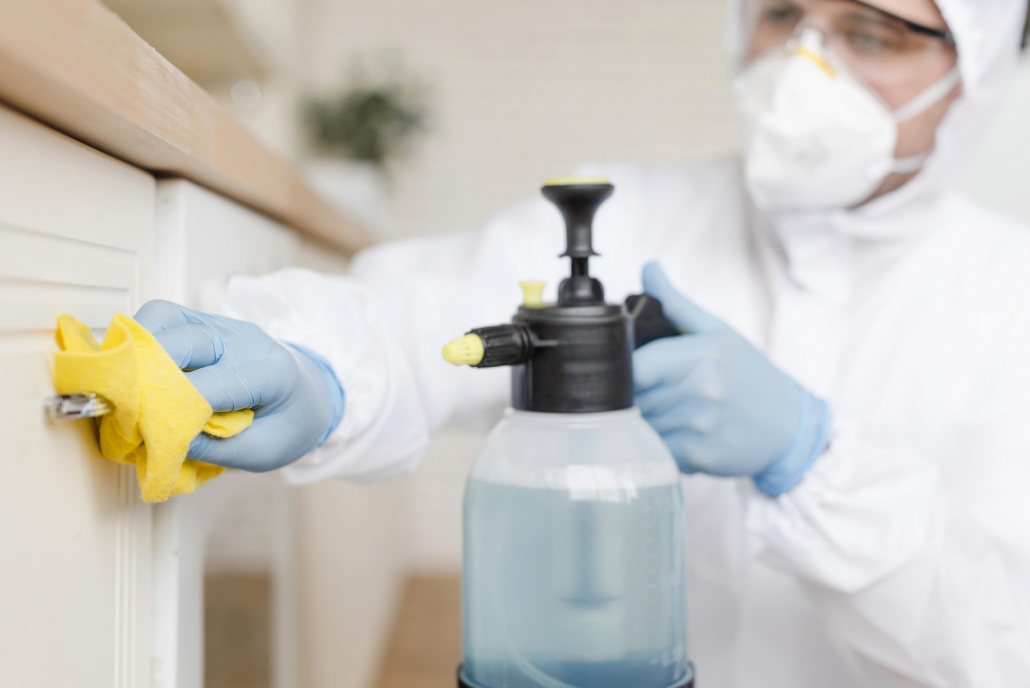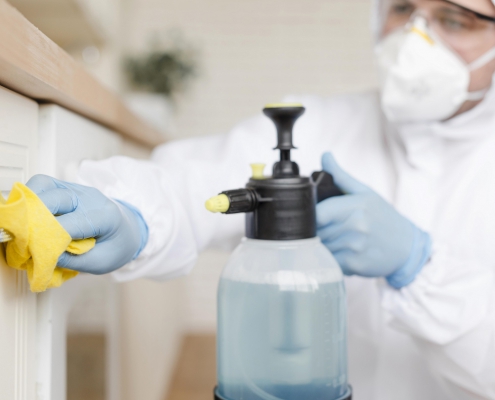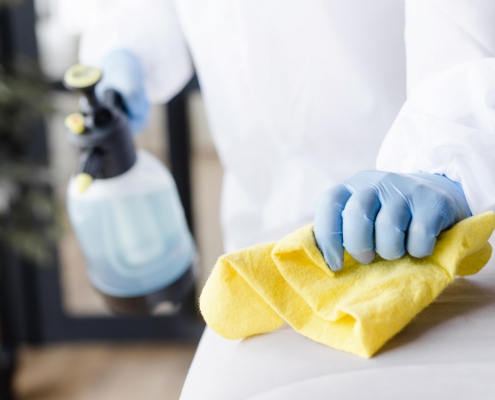Top 25 contributors to the United Nations budget for the period 2019–2021
UN FUNDING
Funding
| Top 25 contributors to the United Nations budget for the period 2019–2021 | |
| Member state | Contribution (% of UN budget) |
| United States | 22.000 |
| China | 12.005 |
| Japan | 8.564 |
| Germany | 6.090 |
| United Kingdom | 4.567 |
| France | 4.427 |
| Italy | 3.307 |
| Brazil | 2.948 |
| Canada | 2.734 |
| Russia | 2.405 |
| South Korea | 2.267 |
| Australia | 2.210 |
| Spain | 2.146 |
| Turkey | 1.371 |
| Netherlands | 1.356 |
| Mexico | 1.292 |
| Saudi Arabia | 1.172 |
| Switzerland | 1.151 |
| Argentina | 0.915 |
| Sweden | 0.906 |
| India | 0.834 |
| Belgium | 0.821 |
| Poland | 0.802 |
| Algeria | 0.788 |
| Norway | 0.754 |
| Other member states | 12.168 |
The UN budget for 2020 was $3.1bbut additional resources are donated by members, such as peacekeeping forces. The UN is financed from assessed and voluntary contributions from member states. The General Assembly approves the regular budget and determines the assessment for each member. This is broadly based on the relative capacity of each country to pay, as measured by its gross national income (GNI), with adjustments for external debt and low per capita income.
The Assembly has established the principle that the UN should not be unduly dependent on any one member to finance its operations. Thus, there is a “ceiling” rate, setting the maximum amount that any member can be assessed for the regular budget. In December 2000, the Assembly revised the scale of assessments in response to pressure from the United States. As part of that revision, the regular budget ceiling was reduced from 25% to 22%.[180] For the least developed countries (LDCs), a ceiling rate of 0.01% is applied.[179] In addition to the ceiling rates, the minimum amount assessed to any member nation (or “floor” rate) is set at 0.001% of the UN budget ($55,120 for the two year budget 2013–2014).
A large share of the UN’s expenditure addresses its core mission of peace and security, and this budget is assessed separately from the main organizational budget.[182] The peacekeeping budget for the 2015–16 fiscal year was $8.27 billion, supporting 82,318 troops deployed in 15 missions around the world.
UN peace operations are funded by assessments, using a formula derived from the regular funding scale that includes a weighted surcharge for the five permanent Security Council members, who must approve all peacekeeping operations.
This surcharge serves to offset discounted peacekeeping assessment rates for less developed countries. the largest contributors for the UN peacekeeping financial operations for the period 2019–2021 are : the United States 27.89% China 15.21%, Japan 8.56%, Germany 6.09% , the United Kingdom 5.78%, France 5.61%, Italy 3.30% and the Russian Federation 3.04%.[183]
Special UN programmes not included in the regular budget, such as UNICEF and the World Food Programme, are financed by voluntary contributions from member governments, corporations, and private individuals.
Whitehall’s
Whereby:-
- Promote the truth about the Africans who took the good news about Christ Jesus with the Holy Spirit to Africa thousands of years ago before the Europeans colonized Africa.
- Promote every area of Agricultural
- Promote African Education and Research.
4.Promote Caribbean African Chamber of Commerce
- Promote Trade and Investment and friendly relations amongst the Diaspora and their Countries and Africa
- Promote Scientific, technological exchange between the Diaspora and their countries
- Promote educational Scholarships for both Africans Diaspora and Africans in the continent.
- Promote Sports, art, music and culture within the African Diaspora
- Promote African History and Philosophers
10.Promote African Scholars, Engineers, Scientists and Medicine
- Promote African Foods within the Diaspora
- Promote African Clothes within the Diaspora
Advocate visa free travels for both Africans and Africans in Diaspora; encourage African Diaspora into making Investments in Africa;
Explore possibilities of establishing commercial Banks to empower young Africans in business, science and technology.
The organization will achieve its main objectives of sustainable development and poverty reduction in African and African Diaspora States, by encouraging greater integration into the world’s economy.
Partnership is also extended to new actors such as civil society, private sector, trade unions and local authorities. These will be involved in consultations and planning of national development strategies, providing them with access to financial resources and getting involved in the implementation of programmes with AU, UN, CARICOM, OAS, ECOWAS, EU and many others.
Thus in addition, the Caribbean-OAS African Diaspora Affairs’ (COADA) mission is to strengthen Caribbean-OAS African Diaspora employees working anywhere through professional development, career management, and mentoring that will enable retention and growth. The forum also works to strengthen the bonds between Employers and its local African-Caribbean-Latin American communities. The Organisations is made up of highly qualified Diplomats, International Lawyers, Administrators, Historians, Journalists, Civil Right Activists and Educators.
How Does The WHITEHALL’S COVID-19
Clean System Work?
DISINFECTION
Disinfect, clean, sanitize and deodorize premises
PROTECTION
After surfaces are thoroughly cleaned & disinfected, apply antimicrobial protection
CERTIFY
This certification will let others know that the property/facility has been cleaned with the most reliable technology on the market




